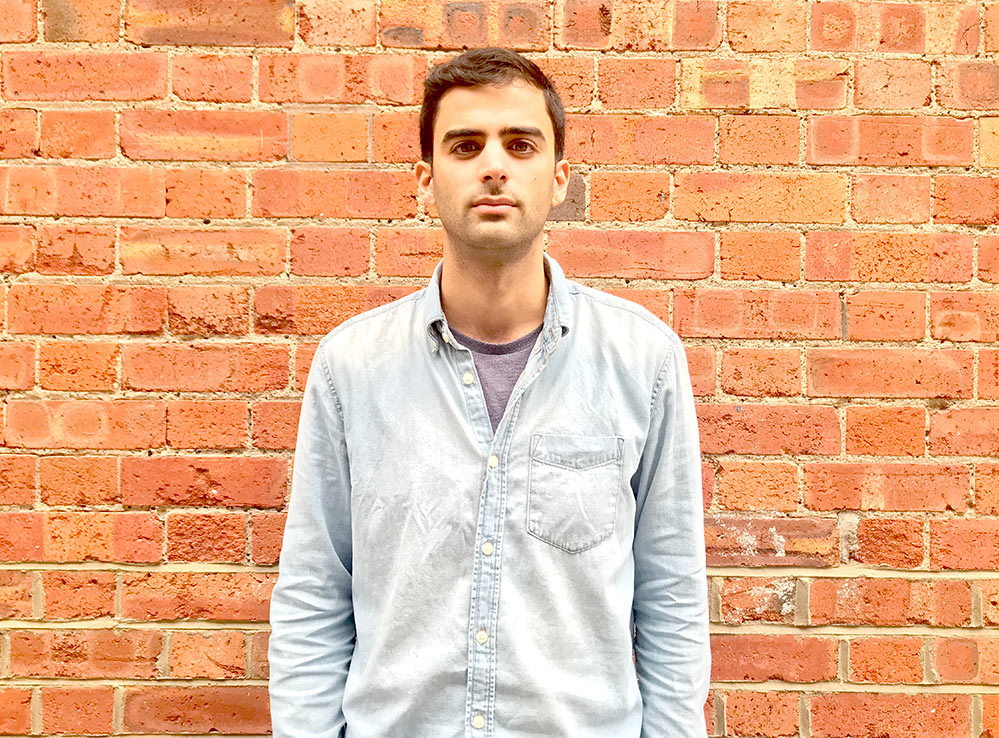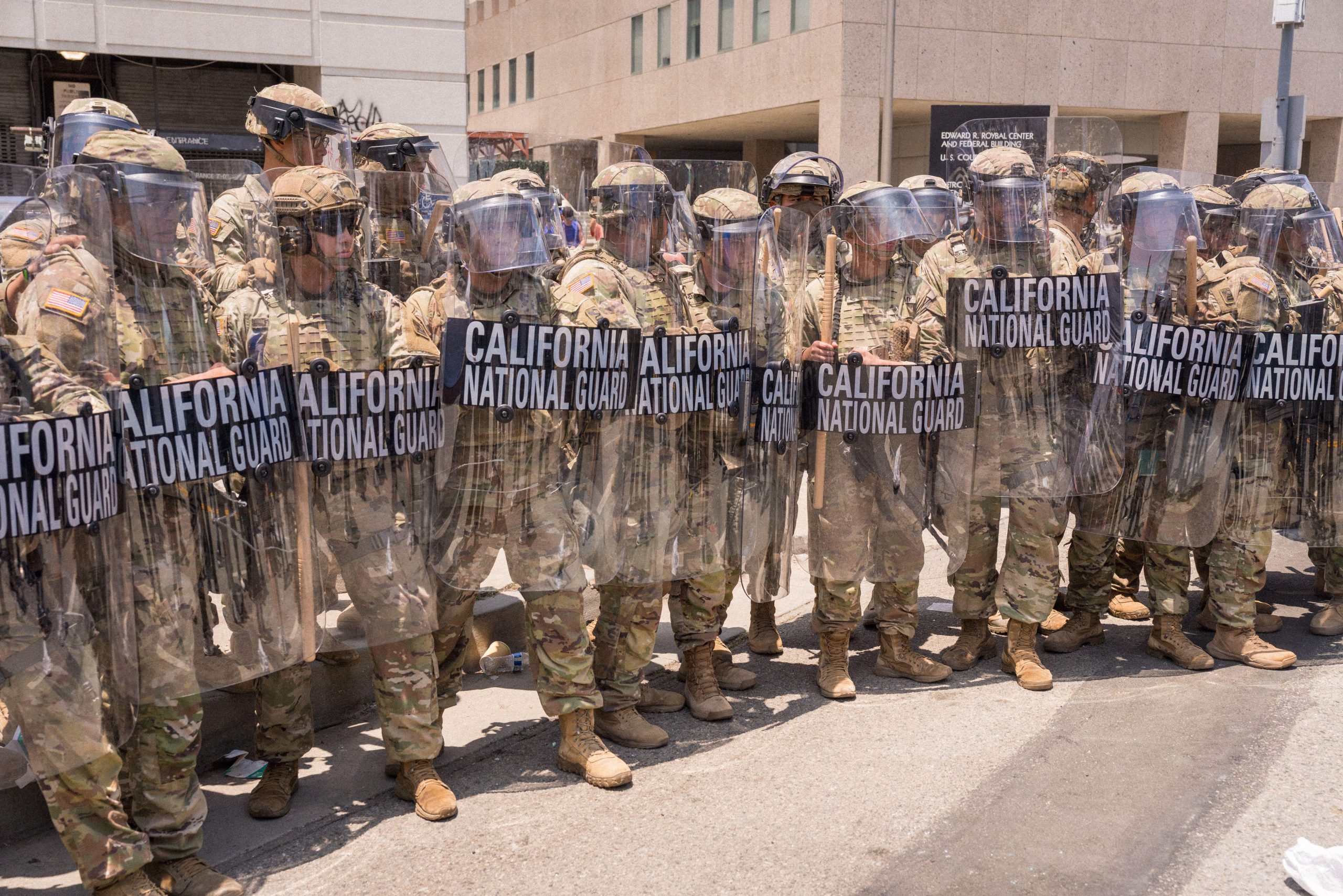[vc_row][vc_column][vc_column_text]
“It’s going up against a lot of people who would rather the investigation doesn’t go as far it should,” Paul Caruana Galizia, son of Maltese investigative journalist Daphne Caruana Galizia, said about the ongoing inquiry into her murder ahead of the one-year anniversary of her killing.
“If it is allowed to be run completely without constraints and completely without political inference, then the implications for Malta are quite big. It would be an investigation that really shakes the country up, shakes up its establishment, shakes up the way institutions work.”
Paul talked to Index about the implications of his mother’s murder in Malta on 16 October 2017. He believes freedom of expression in the country is in a “critical” state. He said: “Now that she’s been killed it sends a shocking, dramatic signal to everyone else may be thinking about reporting on these issues. It’s become a bigger problem than it ever was.”
When his mother was assassinated with a car bomb last year, the case received worldwide attention. The anti-corruption journalist, who began her career in 1988, was dubbed “the only ethical voice left” by fellow Maltese blogger Manuel Delia. Her death has left a noticeable hole in the media landscape of Malta, not just in terms of journalism but in the ongoing fight for freedom of expression — a battle that she waged for thirty years, says Paul.
“No matter how many people told her she was wrong, and she should just keep quiet, or she should just stop causing a scene; no matter the misogyny she suffered, the online abuse, physical harassment, or investigations into her private account — she just kept writing,” said Paul. “To be that person you have to have a really strong confidence in yourself and ability in your understanding of what you’re covering. She was really a force and unlike anyone I will meet again.”
Paul spoke with great passion about his mother and her work, after a year when he and his brothers struggled to keep public attention on the case. He was advised to leave Malta immediately after his mother’s funeral and a guard now stands outside his family home 24 hours a day because of threats.
“It’s a very personal thing what motivates a journalist to carry on writing in the face of all those threats and violence,” said Paul, “for my mother it was that you can’t just leave things alone, you can’t let injustice carry on, you can’t, in her words, just let people get away with it.” And Daphne certainly didn’t let people get away with it. She exposed numerous Maltese politicians linked to the Panama Papers scandal in 2016. Corrupt officials weren’t her only targets, with one of her reports revealing a link between Malta’s online gambling industry and organised crime. She also covered stories involving police officers, including deputy police commissioner Silvio Valletta, who was allowed to take part in the investigation into her death.
Valletta’s wife Justyne Caruana, a government minister, was also the subject of criticism by Daphne, which is why Paul and his family pushed for Valetta’s dismissal from the case. Malta’s court of appeal has ruled that Valletta must desist from taking part in the investigation. The government said it will appeal the decision, something Paul calls “astonishing”.
Maltese MP Chris Said introduced a private member’s bill in parliament calling for a board of inquiry to follow up on investigations Daphne was pursuing before her death back in October 2017. However, Paul and his family were shocked to find “every single MP in parliament” not only voted down this motion but proposed amendments which replaced the inquiry with words of praise for Prime Minister Joseph Muscat and the police force.
“There’s a more important question as far as we are concerned, and it’s whether my mother’s life could have been saved — whether there was anything the state could have done to protect her life.”[/vc_column_text][/vc_column][/vc_row][vc_row][vc_column][vc_basic_grid post_type=”post” max_items=”4″ element_width=”6″ grid_id=”vc_gid:1539182143626-ac83defd-654a-0″ taxonomies=”18781, 18782″][/vc_column][/vc_row]





